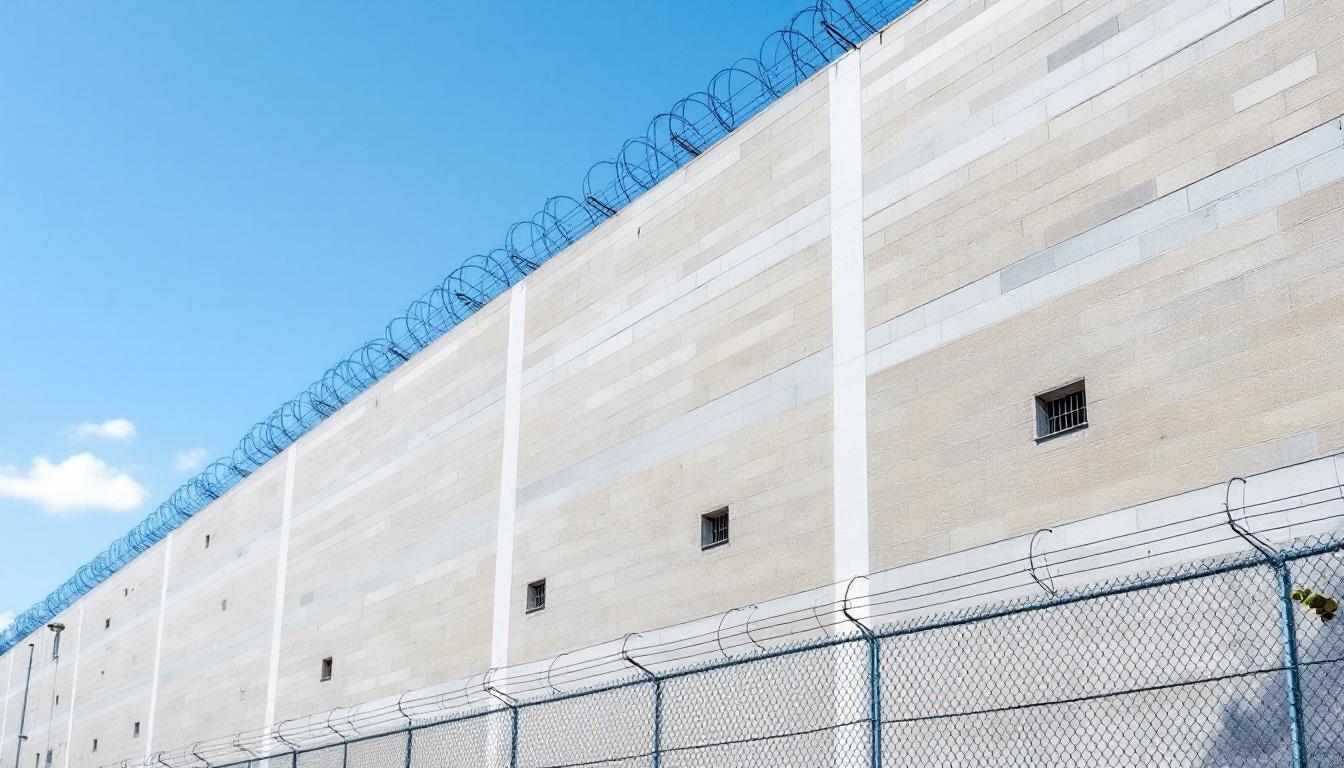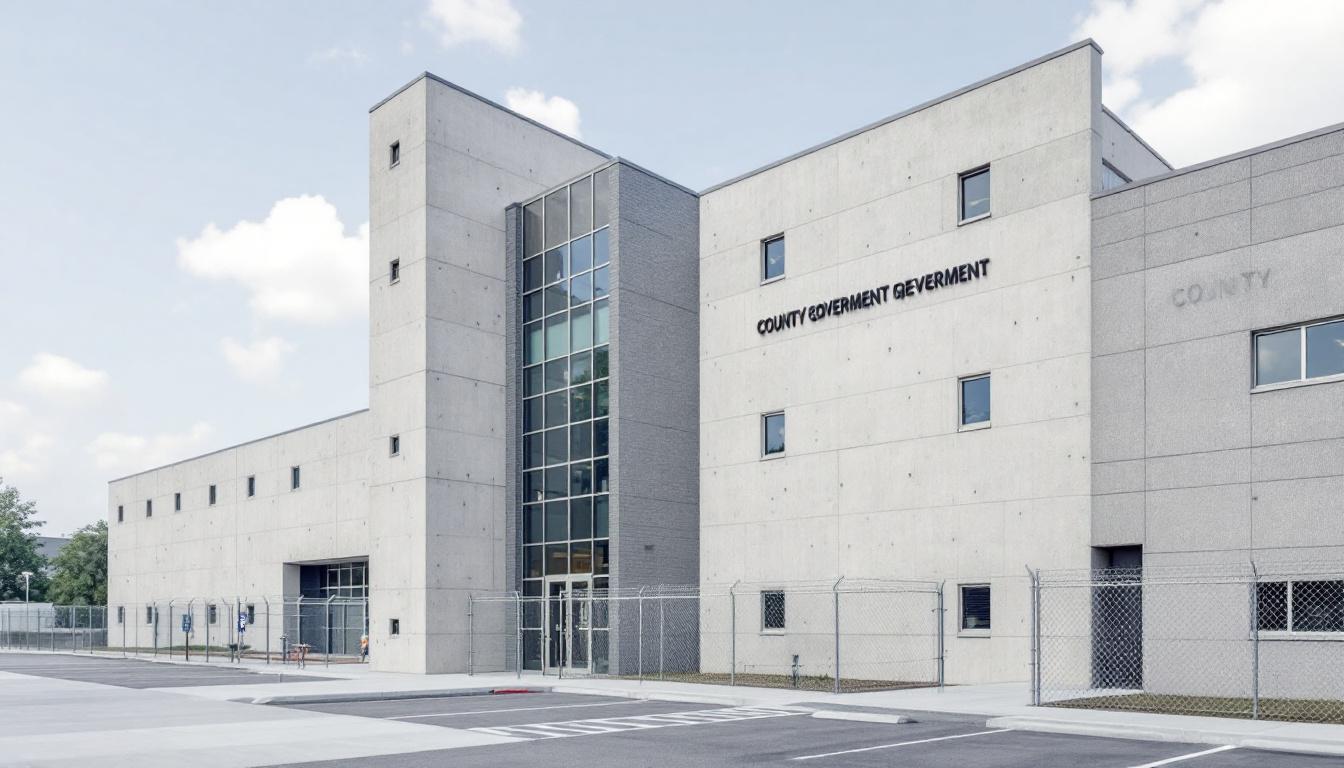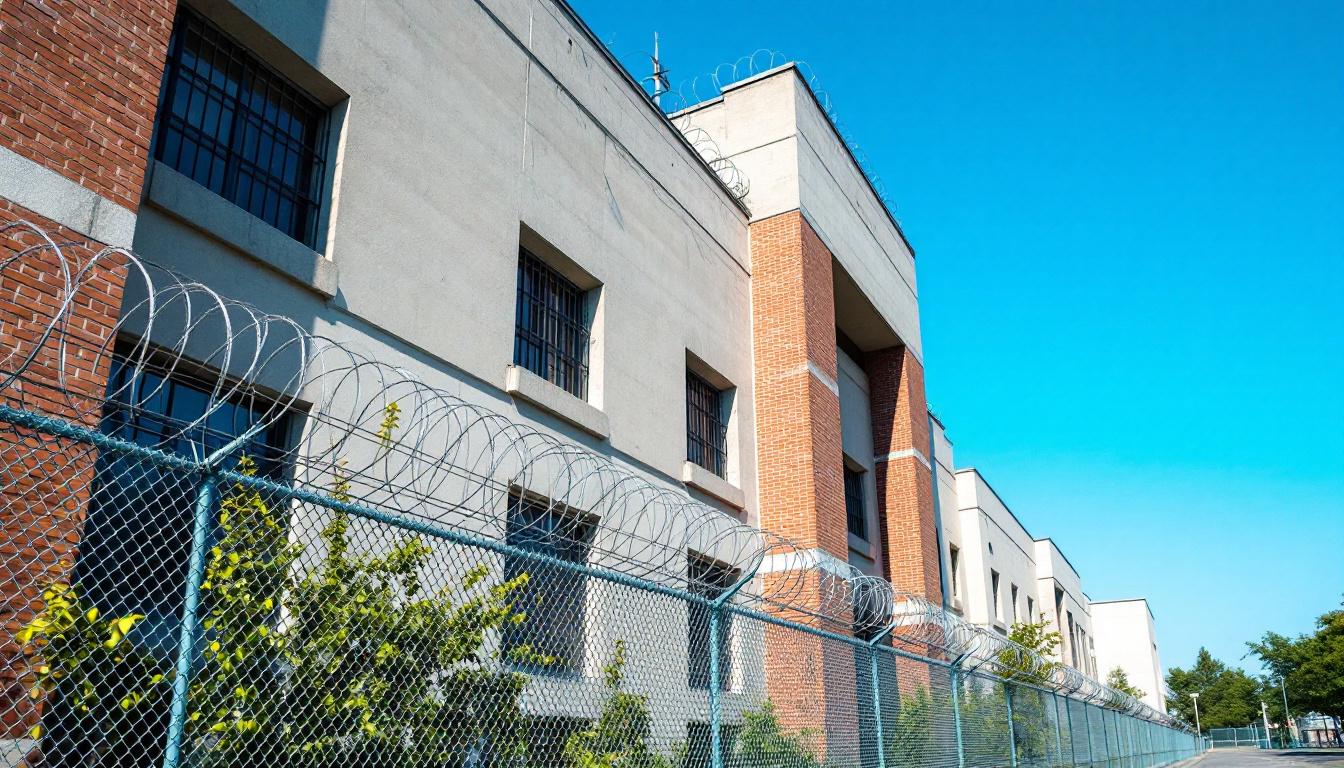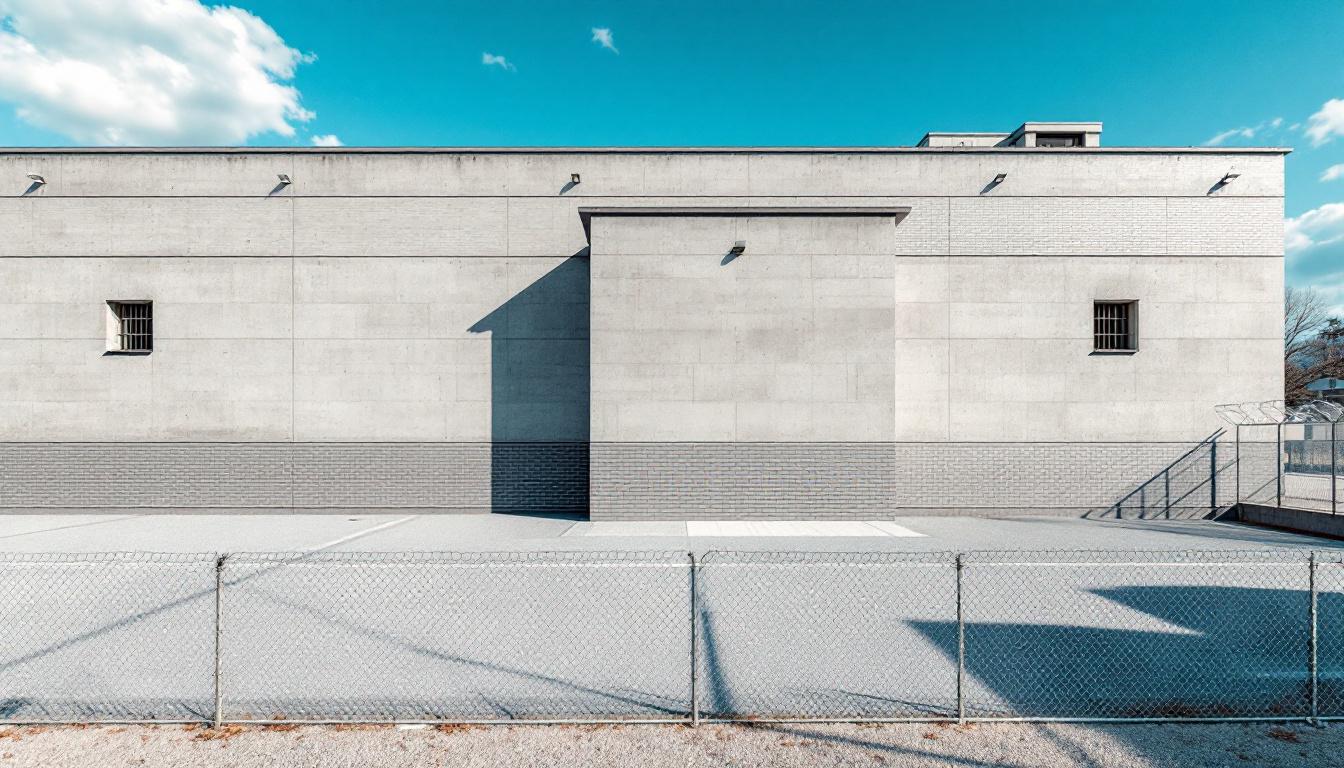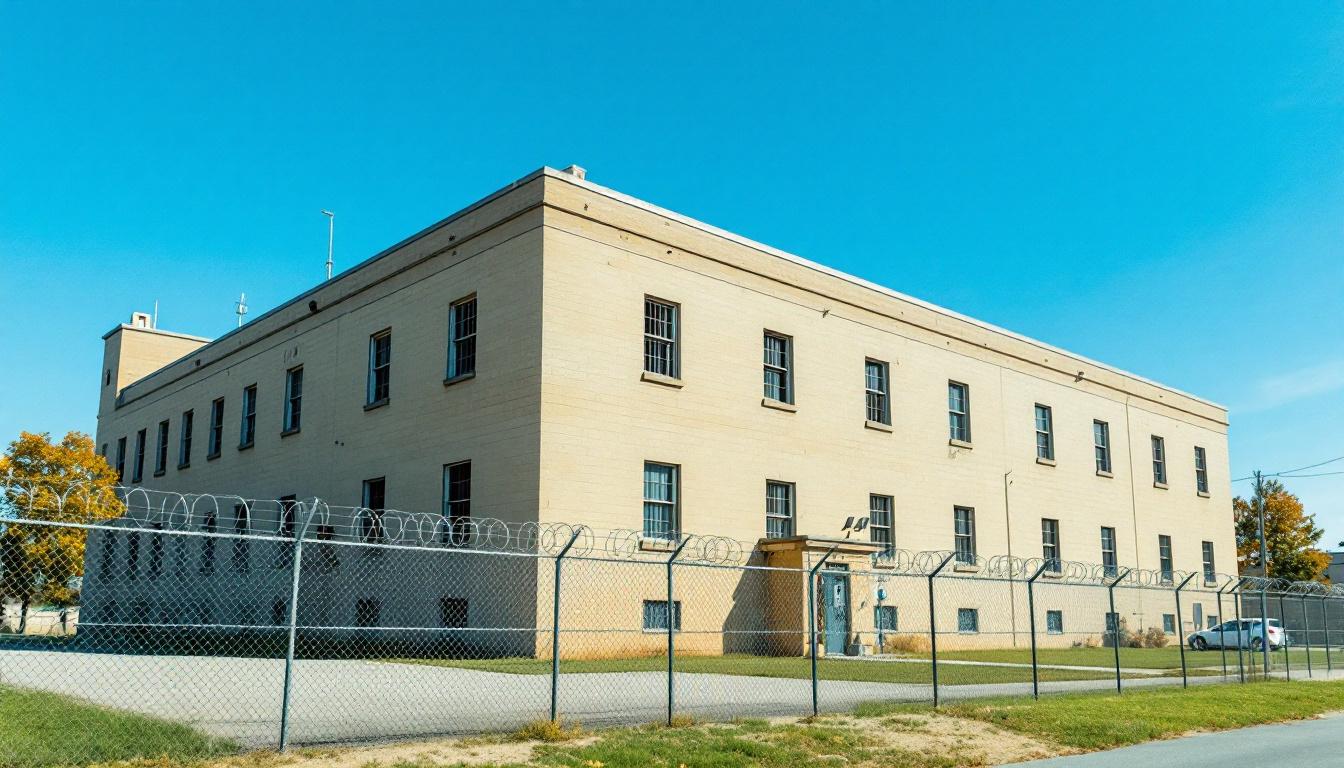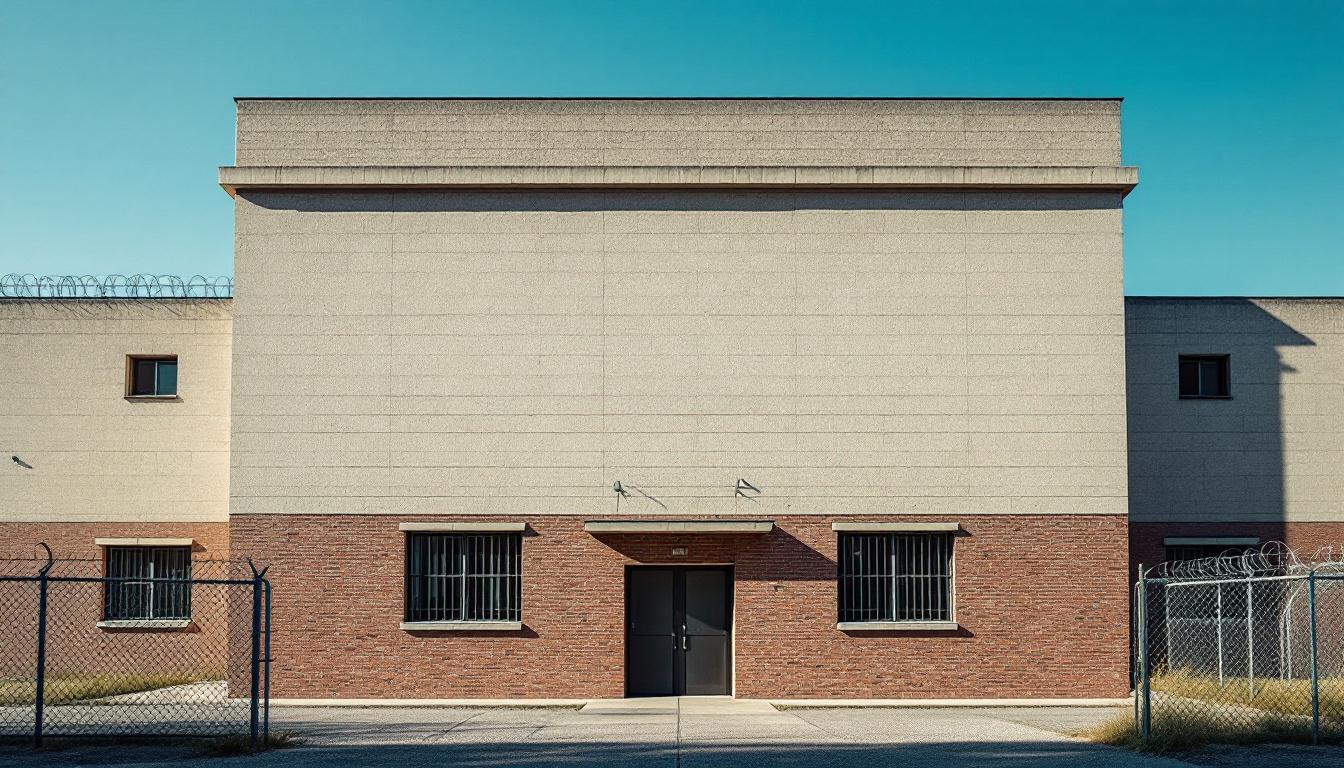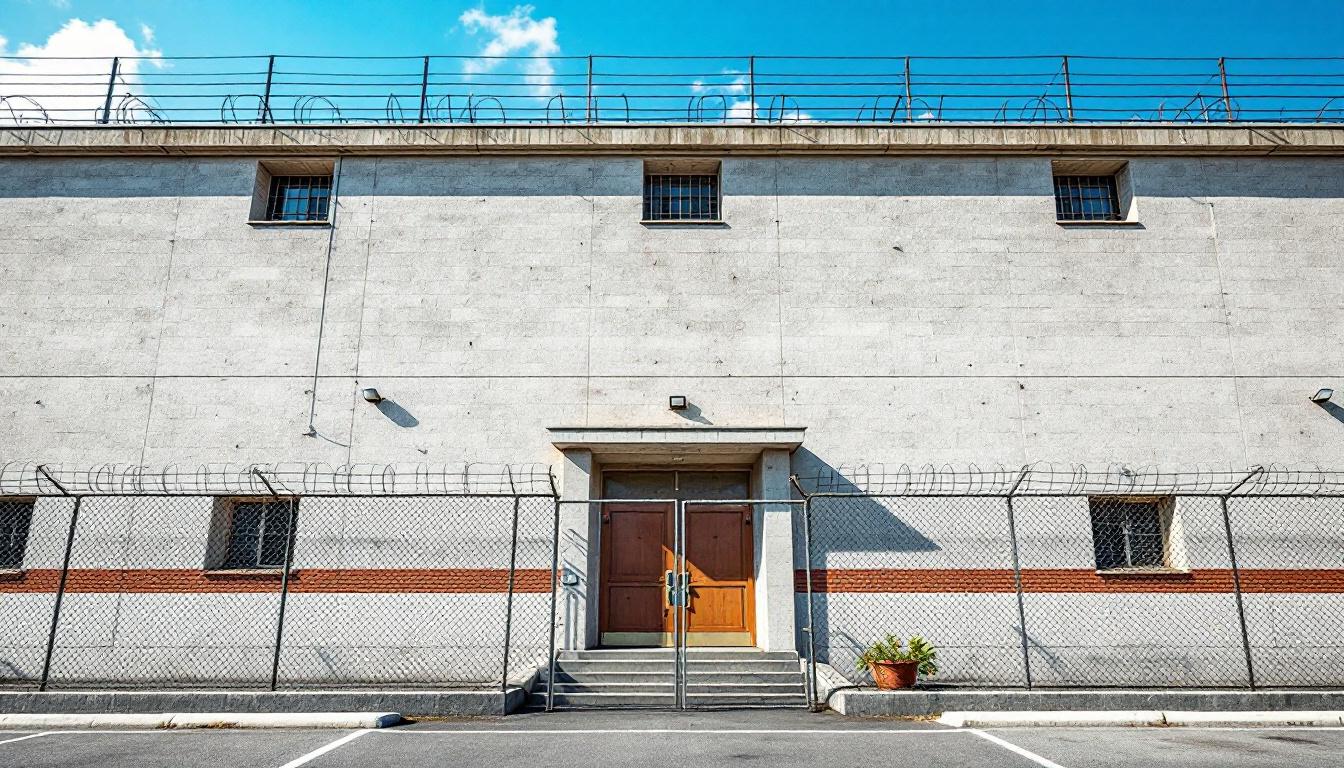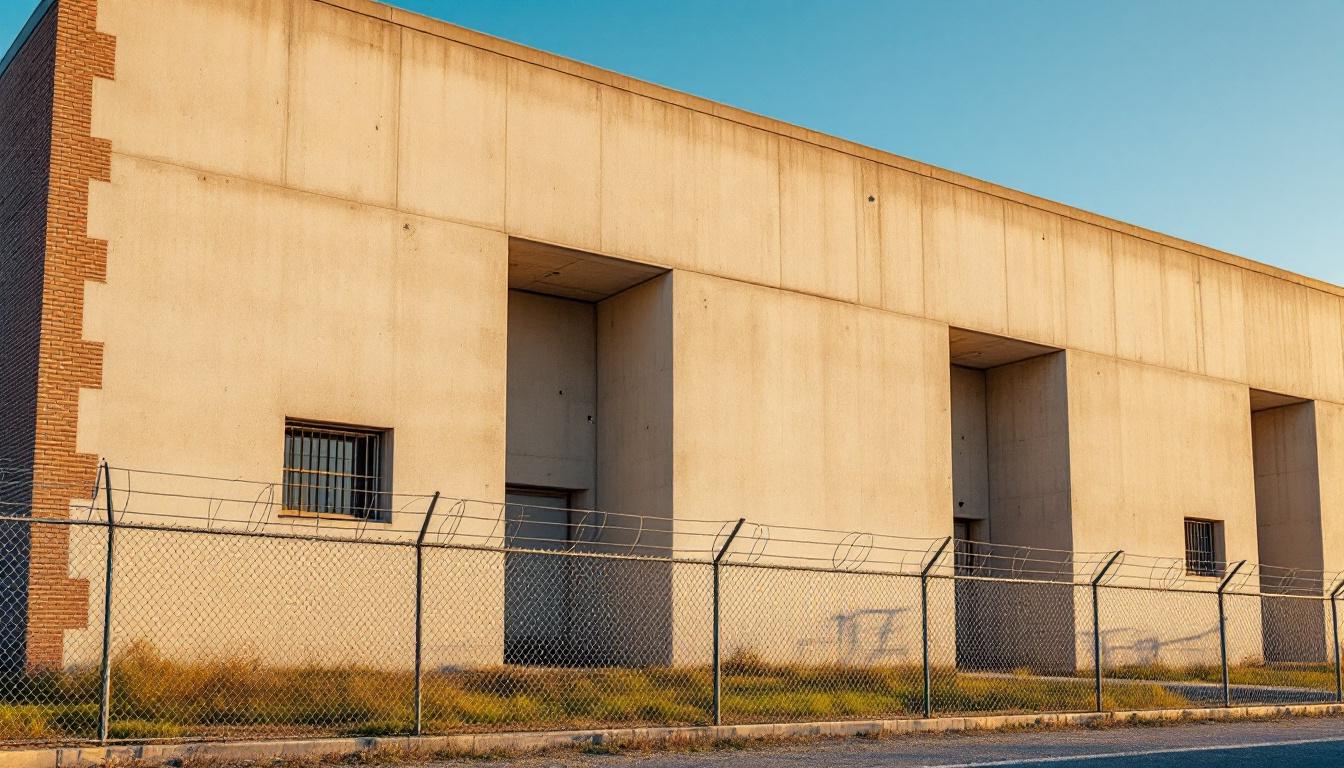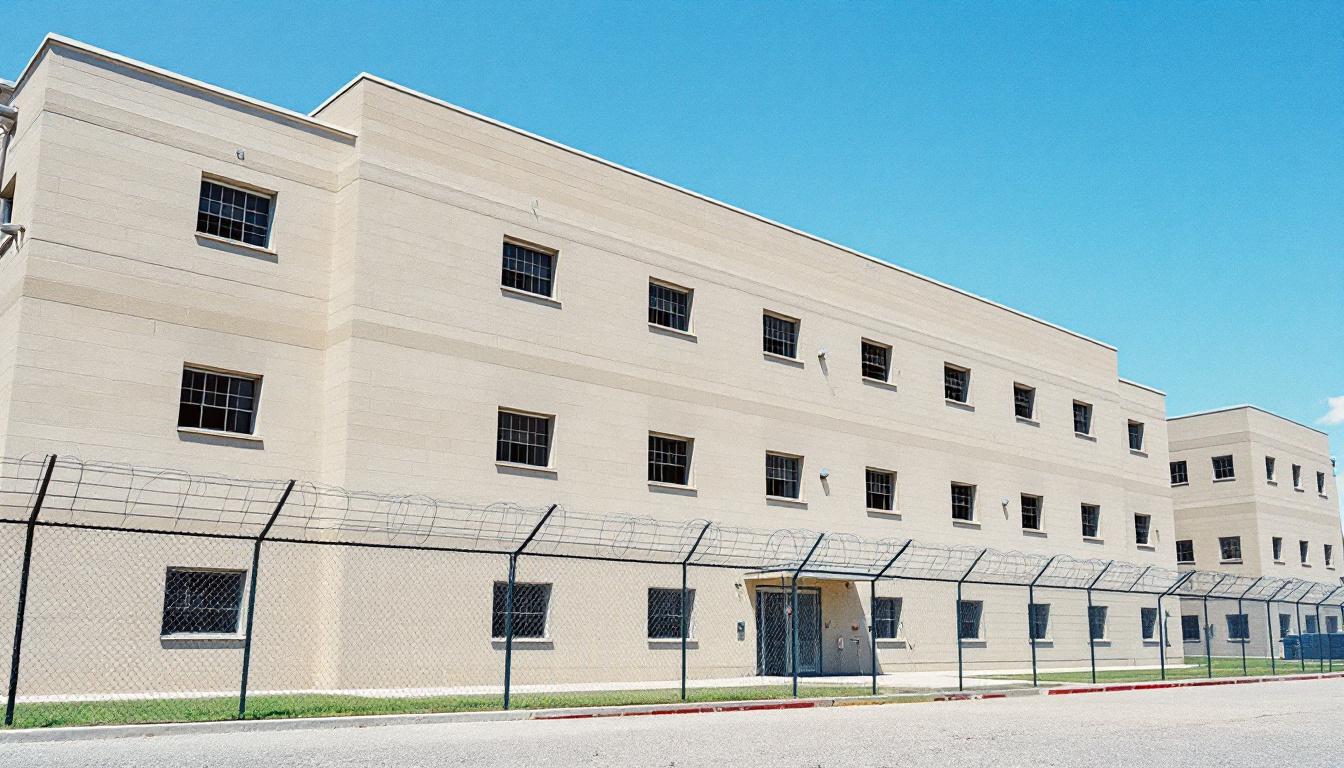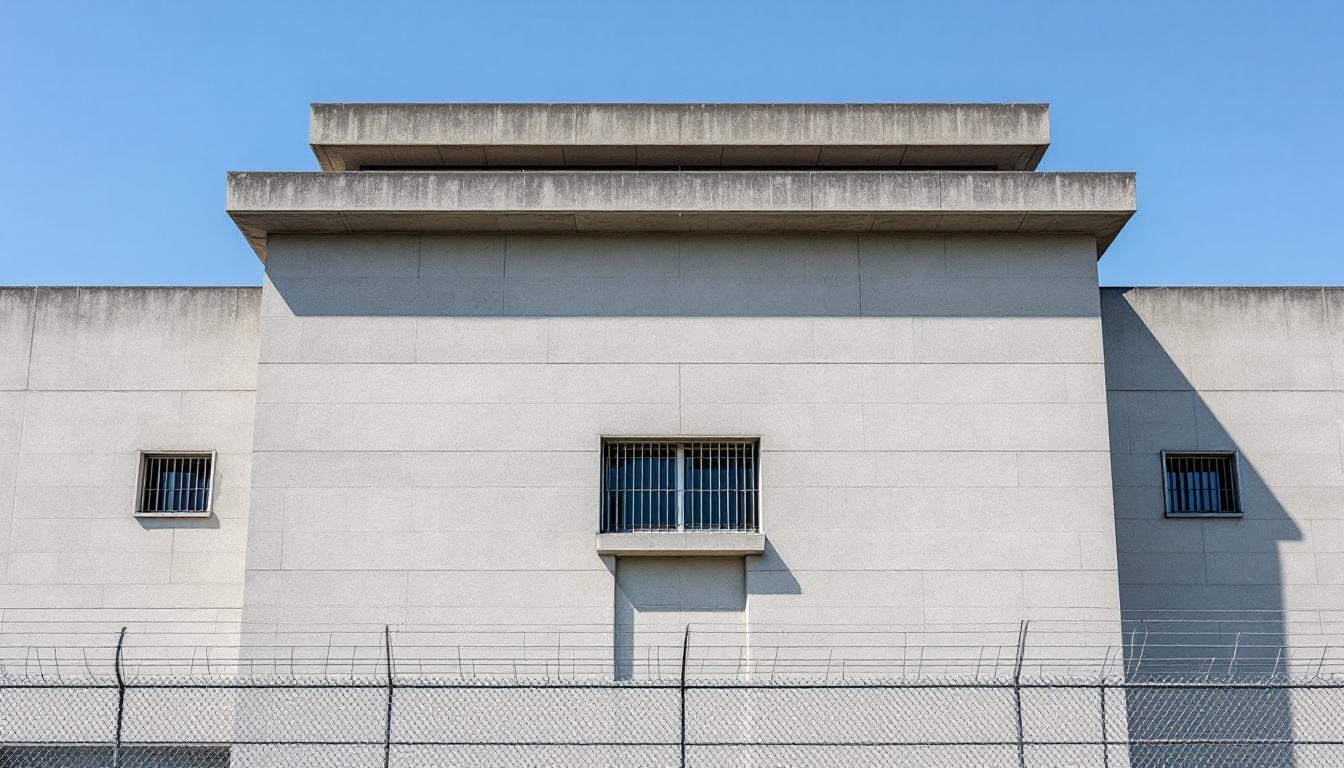
Quick Navigation
How to contact an inmate at TDCJ Memorial Unit
This comprehensive guide will walk you through how to connect with an inmate at TDCJ Memorial Unit. Follow the steps below to find an inmate and send letters and photos:
- Search for the inmate using our search tool below
- Create your account or log in to Penmate
- Write your message (up to 6,000 characters)
- Send instantly - inmates receive printed copies daily
Find an Inmate
Search for an inmate to start communicating today
Tip: You can search by first name, last name, or inmate ID number
To contact a person at TDCJ Memorial Unit start by searching for the person on the official facility website. Perform a search by following these steps:
- Step 1: Enter their first name and last name into the search form and click "Search"
- Step 2: Locate their inmate record
- Step 3: Write down their Inmate ID and any housing information provided
Important! Be sure to enter the person's full name. Nicknames should not be used.
How to Send Messages to Inmates

You can use your phone or computer to send emails, letters, and photos to an inmate. Messages are sent electronically to inmate tablets or kiosks at the facility. If you would like to send a message, start by searching for an inmate at TDCJ Memorial Unit.
Sending Photos and Postcards

A great way to send love and support to a loved one at TDCJ Memorial Unit is to send photos and postcards. It only takes a few minutes to send photos from your phone and it makes a huge difference. You can also mail postcards with words of support and inspiration, or design your own postcard for special moments like birthdays and holidays.
Important! Be sure not to send any explicit photos or they may not be approved by the facility. You can also use a photo printing app like Penmate to make sure your photos are printed at the correct size (4x6 or 3x5) and are mailed according to the rules and regulations of TDCJ Memorial Unit.
Frequently asked questions about TDCJ Memorial Unit
-
How long does it take to deliver a message?
If you're sending an email message your letter is usually delivered within 24-48 hours. For messages sent via mail you should expect delivery within 3-7 days. All messages will need be approved by TDCJ Memorial Unit.
-
How much does it cost to send a message to TDCJ Memorial Unit?
You can send a message free using your phone or mail a message via USPS for the price of a $0.60 stamp and envelope. You can also purchase credits or e-stamps from services starting at $1.99.
-
What services can I use to contact an inmate at TDCJ Memorial Unit?
Penmate
You can use Penmate to send letters and photos to an inmate from your phone. It's an easy way to stay in touch during your loved one's incarceration. Use the inmate locator to find an inmate's location and contact information, then you can send messages within a few minutes.
Securus messaging
Securus may be another option for communicating with an inmate at TDCJ Memorial Unit. You can create a friends and family account and purchase credits to send messages. All messages will be reviewed and must be approved by the facility.
JPay
Some county jails and state prisons may support sending messages with JPay. You must register an account with the system, find your loved one, and purchase stamps to send messages. For some locations you can also attach photos.
Smart Jail Mail
You may also check if Smart Jail Mail is available at TDCJ Memorial Unit. Smart Jail Mail is operated by Smart Communications and has contracted with some state and county jails. After purchasing credits, your messages and photos are sent to the facility, printed out, and then handed out to your loved one.
-
What is the mailing address of TDCJ Memorial Unit?
Mailing address:
TDCJ Memorial Unit
59 Darrington Rd
Rosharon, TX 77583
Phone: (281) 595-3465Business hours:
- Monday: 7:00 AM – 5:00 PM
- Tuesday: 7:00 AM – 5:00 PM
- Wednesday: 7:00 AM – 5:00 PM
- Thursday: 7:00 AM – 5:00 PM
- Friday: 7:00 AM – 5:00 PM
- Saturday: 7:00 AM – 5:00 PM
- Sunday: 7:00 AM – 5:00 PM
-
What are the visiting hours at TDCJ Memorial Unit?
Visiting hours at TDCJ Memorial Unit vary by housing unit and security level. Generally, visits are scheduled on weekends and holidays, with some facilities offering weekday visits. Contact the facility directly at (281) 595-3465 or check their website for the current visiting schedule. Visits typically last 30-60 minutes and must be scheduled in advance.
-
What items are prohibited when sending mail to TDCJ Memorial Unit?
Prohibited items typically include: cash, personal checks, stamps, stickers, glitter, glue, tape, staples, paperclips, polaroid photos, musical or blank greeting cards, hardcover books, magazines with staples, and any items containing metal or electronics. Only send letters on plain white paper with blue or black ink. Photos must be printed on regular photo paper (no Polaroids). Always check with TDCJ Memorial Unit for their specific mail policies.
-
How do I send money to an inmate at TDCJ Memorial Unit?
You can send money to an inmate at TDCJ Memorial Unit through several methods: 1) Online using JPay, Access Corrections, or the facility's approved vendor, 2) Money orders mailed directly to the facility with the inmate's name and ID number, 3) Kiosks located in the facility lobby, or 4) Over the phone using a credit or debit card. Fees vary by method, typically ranging from $2.95 to $11.95 per transaction.
-
Can I schedule a video visit with an inmate at TDCJ Memorial Unit?
Many facilities now offer video visitation as an alternative to in-person visits. At TDCJ Memorial Unit, video visits may be available through services like Penmate, Securus Video Connect, GTL, or ICSolutions. Video visits typically cost $10-20 for 20-30 minutes and must be scheduled in advance. You'll need a computer or smartphone with a camera and reliable internet connection. Contact the facility for their specific video visitation policies and approved vendors.
-
What identification do I need to visit an inmate at TDCJ Memorial Unit?
All visitors must present valid government-issued photo identification such as a driver's license, state ID, passport, or military ID. Minors must be accompanied by a parent or legal guardian who can provide the minor's birth certificate. Some facilities require visitors to be on the inmate's approved visitation list, which may require a background check. Contact TDCJ Memorial Unit for specific ID requirements and visitor approval procedures.
-
How can I find out an inmate's release date?
To find an inmate's release date at TDCJ Memorial Unit, you can: 1) Use the online inmate search tool if available, 2) Call the facility's records department, 3) Contact the inmate's case manager or counselor, or 4) Have the inmate provide this information during a call or visit. For privacy reasons, some facilities only release this information to immediate family members.
Facility Overview
Official Website

About TDCJ Memorial Unit
Comprehensive rehabilitation services and structured programming form the foundation of daily operations at Memorial Unit, TX, where individuals work toward successful community reintegration through evidence-based interventions and skill development opportunities. Located in Dallas, this correctional facility typically offers educational advancement programs, vocational training initiatives, and behavioral health services designed to address the diverse needs of the population it serves.
Within Texas's broader correctional system, Memorial Unit generally functions as a medium-security facility that emphasizes structured programming and gradual preparation for eventual release. The facility may include substance abuse treatment programs, job readiness training, and educational opportunities that range from basic literacy instruction to high school equivalency preparation. Mental health services and counseling programs often complement these offerings, providing individuals with tools to address underlying issues that may have contributed to their incarceration.
Dallas's urban setting provides Memorial Unit with potential connections to community resources and reentry support networks that can benefit individuals as they prepare for release. The facility typically maintains security protocols appropriate for its classification level while creating an environment where positive behavioral change can occur. Family members seeking information about their loved ones can generally expect the facility to follow standard Texas Department of Criminal Justice policies regarding visitation, communication, and programming participation, though specific details may vary based on individual circumstances and security requirements.
Programs & Services
The breadth of developmental opportunities at Memorial Unit encompasses multiple pathways designed to address the diverse needs of individuals during their period of incarceration. This comprehensive approach recognizes that meaningful change requires addressing various aspects of personal growth, from practical skill development to emotional wellness and spiritual support. The facility's philosophy centers on providing individuals with tools and resources that can facilitate successful reintegration into their communities upon release.
Educational and vocational opportunities form a cornerstone of the facility's programming structure. Vocational training may offer individuals the chance to develop marketable skills in various trades, while work programs typically provide hands-on experience that builds both technical competencies and workplace readiness. Employment readiness initiatives often focus on essential job-seeking skills, including resume preparation and interview techniques. Furthermore, specialized training in barbering and cosmetology may be available, providing individuals with certification pathways in the personal care industry.
Therapeutic and support services complement the educational offerings through a range of targeted interventions. Anger management opportunities typically address behavioral patterns and emotional regulation strategies that can benefit individuals both during incarceration and after release. Faith-based initiatives may provide spiritual guidance and community support for those seeking this form of personal development. Additionally, parenting classes often help individuals maintain and strengthen family connections while developing effective child-rearing skills, recognizing the importance of family stability in successful reintegration efforts.
Daily Life & Visitation

The sound of morning announcements echoes through housing units as individuals begin another structured day within the facility's routine. Daily schedules now revolve around predetermined meal times, work assignments, and programming activities that provide framework to each day. Count times occur regularly throughout the day, requiring individuals to be present and accounted for in their designated areas. The facility typically maintains consistent schedules that individuals can rely upon, helping them establish productive daily patterns.
Living accommodations generally consist of dormitory-style housing units or individual cells, depending on custody level and facility capacity. Individuals usually share living spaces with roommates and have access to basic amenities including beds, storage areas, and bathroom facilities. Personal property allowances may include approved clothing items, hygiene products, and limited personal effects that can be stored in designated areas. Furthermore, commissary services typically offer additional food items, hygiene products, and approved personal items that individuals can purchase with funds from their institutional accounts.
Structured programming schedules often include educational classes, vocational training, and counseling programs designed to support rehabilitation goals. Recreation opportunities may offer physical fitness activities, sports programs, and leisure time in designated areas during approved hours. Although security protocols govern all activities, visitation programs typically allow family members and approved visitors to maintain connections through scheduled visits and phone calls. Work assignments within the facility generally provide individuals with job skills training while contributing to daily operations, and these positions may include food service, maintenance, laundry, or administrative support roles that offer structure and potential skill development.
Ready to Connect?
Start communicating with your loved one today
Search for an Inmate
